Artificial Intelligence continues to shape industries, changing how businesses operate, serve customers, and manage resources. Companies have adopted AI-driven solutions to automate processes, analyze vast amounts of data, and improve decision-making. The rapid development of AI-powered tools has led to increased efficiency and cost reduction, making AI one of the most impactful technologies across various sectors.
Industries such as healthcare, finance, retail, and manufacturing rely on AI applications to stay competitive in an evolving market. Businesses use AI-driven algorithms to personalize customer experiences, optimize supply chains, and enhance security. While AI’s role continues to expand, ethical considerations and responsible implementation remain essential for long-term sustainability.
AI in Healthcare
The healthcare industry has integrated AI to improve patient outcomes, assist doctors, and accelerate research. AI-powered diagnostic systems analyze medical images, helping detect diseases like cancer and neurological disorders with higher accuracy. These systems process vast datasets faster than humans, providing early detection and better treatment recommendations.
Similarly, AI has improved robotic-assisted surgeries, ensuring precision while minimizing the risks associated with human error. Hospitals now use AI-driven chatbots to manage appointments, answer patient inquiries, and streamline administrative tasks. AI-based drug discovery has also become a crucial tool, where machine learning models predict the effectiveness of new compounds before clinical trials.
AI in Finance
The financial sector benefits from AI in fraud detection, risk management, and personalized banking. AI algorithms monitor transactions in real-time, identifying suspicious activities and preventing fraud before it occurs. Banks use AI-powered chatbots to assist customers with inquiries, reducing the need for human intervention.
In comparison to traditional investment strategies, AI-powered trading platforms analyze market trends and execute trades at optimal times. Similarly, AI-driven risk assessment tools help lenders evaluate creditworthiness by analyzing spending patterns and financial history. These applications contribute to improved security, efficiency, and profitability in financial services.
AI in Retail
Retail businesses have adopted AI-driven solutions to optimize customer experiences, inventory management, and marketing strategies. AI-powered recommendation systems analyze user behavior, suggesting products that align with individual preferences. In the same way, AI chatbots handle customer service inquiries, ensuring quick and accurate responses.
Retailers use AI-driven demand forecasting to manage inventory efficiently, preventing stock shortages and overstocking issues. AI-powered cameras track customer movement in physical stores, providing insights into shopping behavior and store layout optimization. These innovations contribute to higher sales and improved customer satisfaction.
AI in Manufacturing
Manufacturers rely on AI applications to automate production lines, predict equipment failures, and enhance quality control. AI-powered robots perform repetitive tasks with precision, reducing labor costs and increasing efficiency. Predictive maintenance tools analyze machine data, identifying potential failures before they disrupt operations.
In particular, AI-based quality control systems detect defects in products, ensuring that only high-quality items reach consumers. AI-driven supply chain optimization further improves efficiency by analyzing demand patterns and optimizing logistics. These advancements contribute to faster production cycles and cost-effective manufacturing processes.
AI in Cybersecurity
Cybersecurity firms implement AI-driven solutions to detect and mitigate cyber threats. AI models analyze network traffic, identifying potential breaches before they escalate. Automated security systems respond to threats instantly, reducing the risk of data loss and financial damage.
Similarly, biometric authentication systems powered by AI provide secure access to sensitive information. AI-driven fraud detection tools monitor online transactions, preventing unauthorized access to personal and financial data. Businesses and individuals benefit from AI-enhanced security, ensuring safer digital interactions.
AI in Entertainment
The entertainment industry uses AI to personalize content, automate media production, and enhance user experiences. Streaming platforms analyze viewing habits to recommend movies and shows that match individual preferences. In the same way, AI-generated content, including music and video editing, has streamlined creative processes.
AI chatbots in gaming provide realistic interactions, improving user engagement. Meanwhile, AI-driven tools assist in scriptwriting, animation, and post-production editing, reducing the workload on human creators. These applications continue to reshape entertainment, offering more dynamic and immersive experiences.
AI in Education
Educational institutions have integrated AI-driven solutions to enhance learning experiences. AI tutors provide personalized lessons based on student progress, adapting to individual learning styles. Similarly, AI-powered assessment tools evaluate student performance, offering detailed feedback to educators.
Schools and universities use AI chatbots to assist with administrative tasks, including course registration and academic support. Online learning platforms benefit from AI-generated content recommendations, ensuring that students access relevant study materials. AI applications in education contribute to improved engagement and efficiency in academic environments.
AI in Customer Service
Businesses have adopted AI-driven chatbots and virtual assistants to manage customer inquiries efficiently. AI-powered systems analyze customer sentiment, ensuring that responses are personalized and effective. As a result, companies improve customer satisfaction while reducing operational costs.
Voice recognition and AI-driven transcription tools have further optimized call center operations. These AI applications allow agents to focus on complex cases while automating routine inquiries. AI-based customer service solutions continue to reshape how businesses interact with their audiences.
AI in Transportation
The transportation industry has integrated AI into autonomous vehicles, traffic management, and logistics. Self-driving cars use AI-powered sensors and machine learning models to navigate safely. AI-driven traffic monitoring systems analyze congestion patterns, optimizing road management.
In logistics, AI tools optimize delivery routes, ensuring faster and more cost-effective shipments. Predictive maintenance systems monitor transportation fleets, preventing unexpected breakdowns. These AI-driven applications contribute to improved efficiency and reduced operational costs.
AI in Agriculture
Farmers use AI applications to monitor crop health, optimize irrigation, and automate farming processes. AI-powered drones capture real-time data on crop conditions, allowing farmers to make informed decisions. Smart irrigation systems adjust water usage based on AI-driven analysis, ensuring sustainability.
Similarly, AI-powered pest detection tools identify infestations before they spread, reducing damage to crops. AI-based agricultural analytics provide insights into weather patterns, helping farmers plan better planting and harvesting schedules. These applications contribute to higher productivity and improved resource management.
AI in the Adult Industry
AI applications have also influenced the adult industry, introducing personalized interactions and AI-generated content. AI-powered platforms now provide more engaging experiences through erotic AI chatbots, simulating realistic conversations tailored to user preferences.
Similarly, AI porn video generators create content based on specific user inputs, allowing for highly customized experiences. These advancements have raised discussions about content regulations and ethical considerations. Despite concerns, AI continues to play a role in content creation, personalization, and user engagement within this industry.
AI in Web Development and AI Tools
Web development has benefited from AI-driven platforms that automate coding, optimize user experience, and improve search engine rankings. Businesses use AI-powered analytics to track website performance and adjust strategies accordingly. AI tools directory platforms provide centralized resources for companies looking to integrate AI into their operations.
Similarly, AI chatbots have improved website interactions, assisting visitors in finding relevant content and answering queries. AI applications in web development continue to refine digital experiences, ensuring efficient online engagement for businesses and users alike.
Conclusion
AI applications have transformed industries by improving efficiency, reducing costs, and providing innovative solutions. Businesses across sectors rely on AI-driven tools to automate operations, personalize customer interactions, and enhance security.
The continuous development of AI will shape the future of industries, making processes smarter and more efficient. However, ethical considerations and responsible AI implementation remain essential as companies integrate these technologies into their workflows.

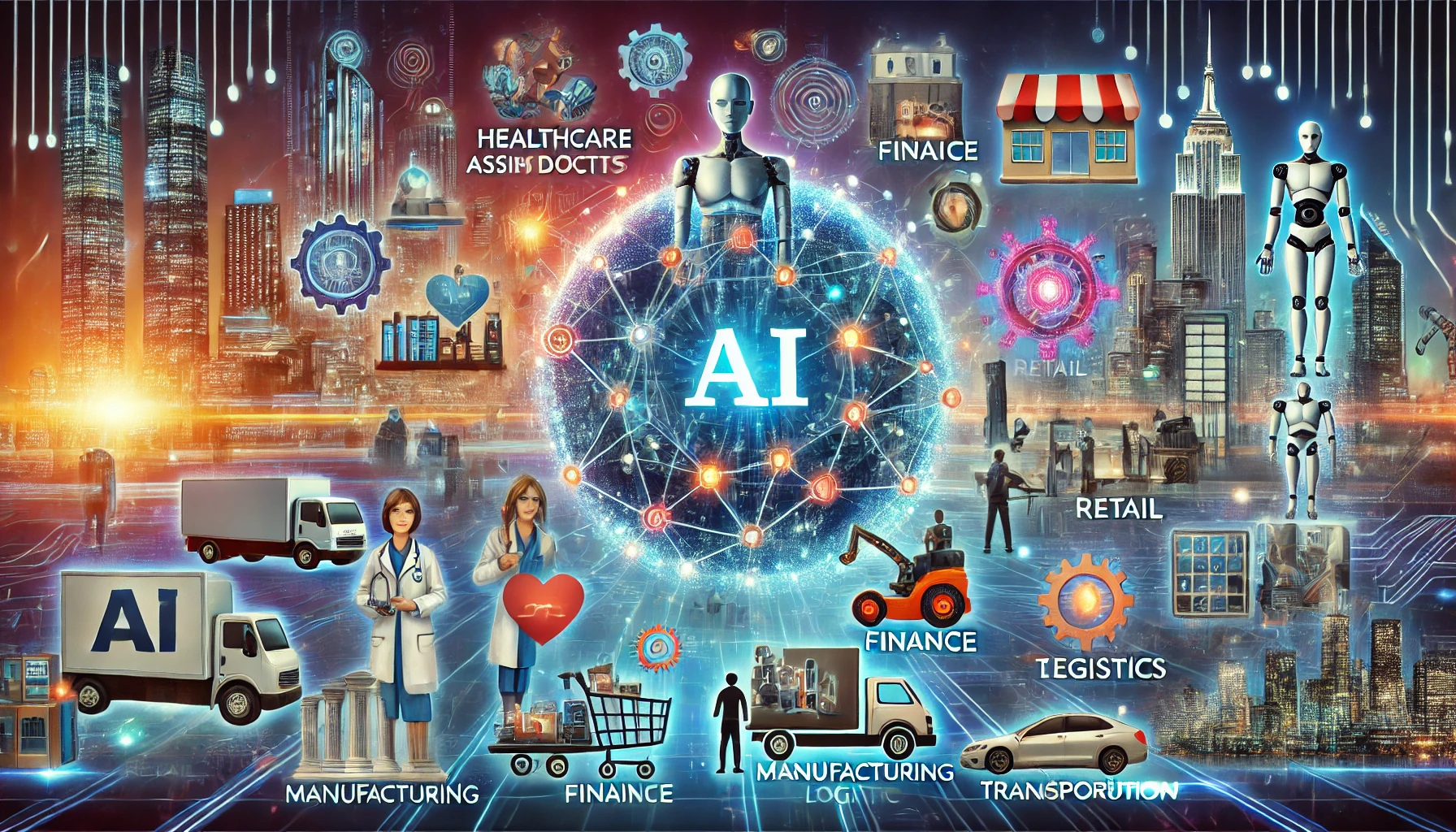

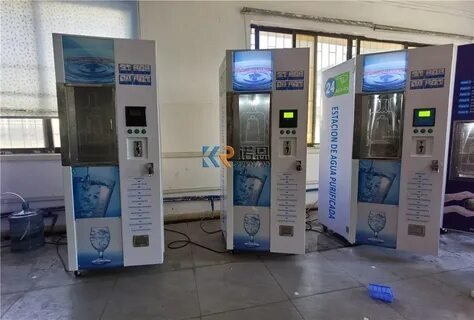
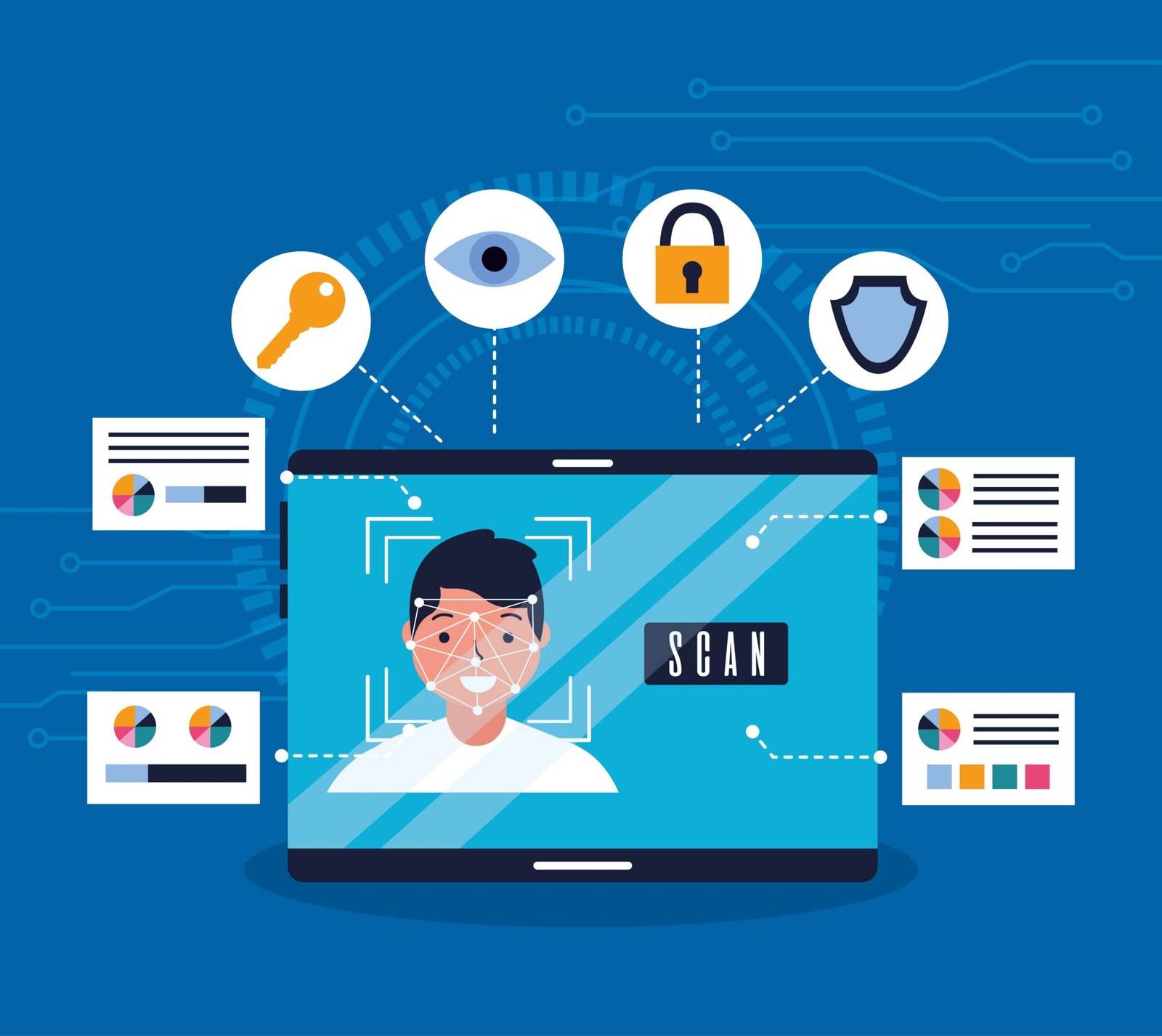
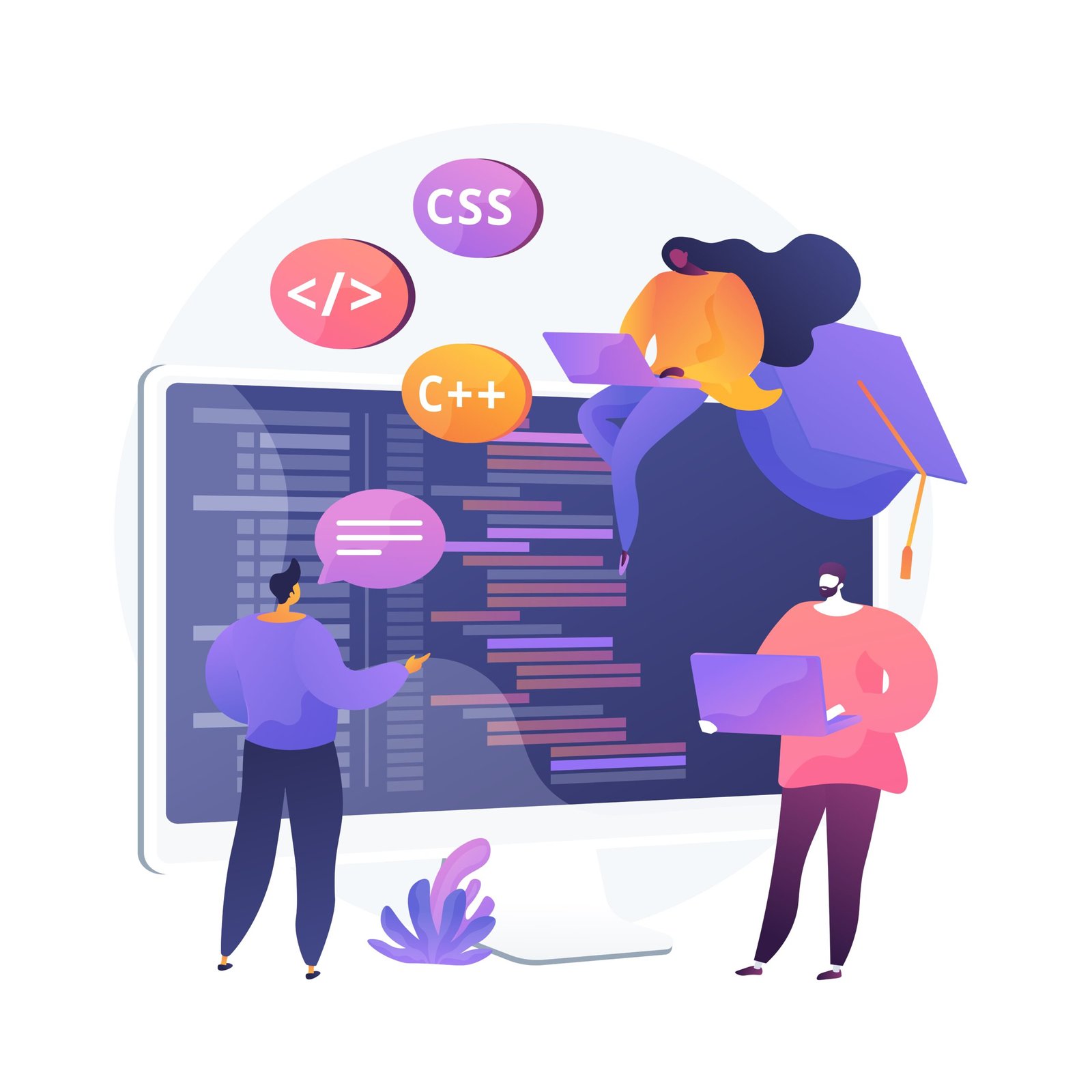
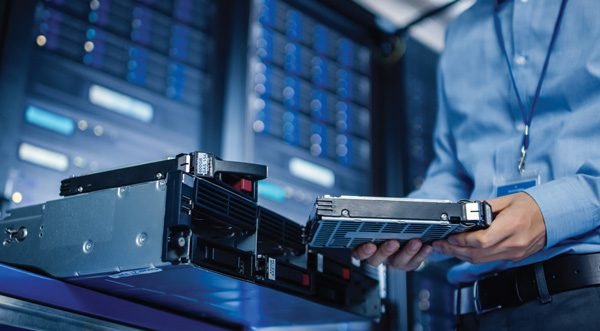

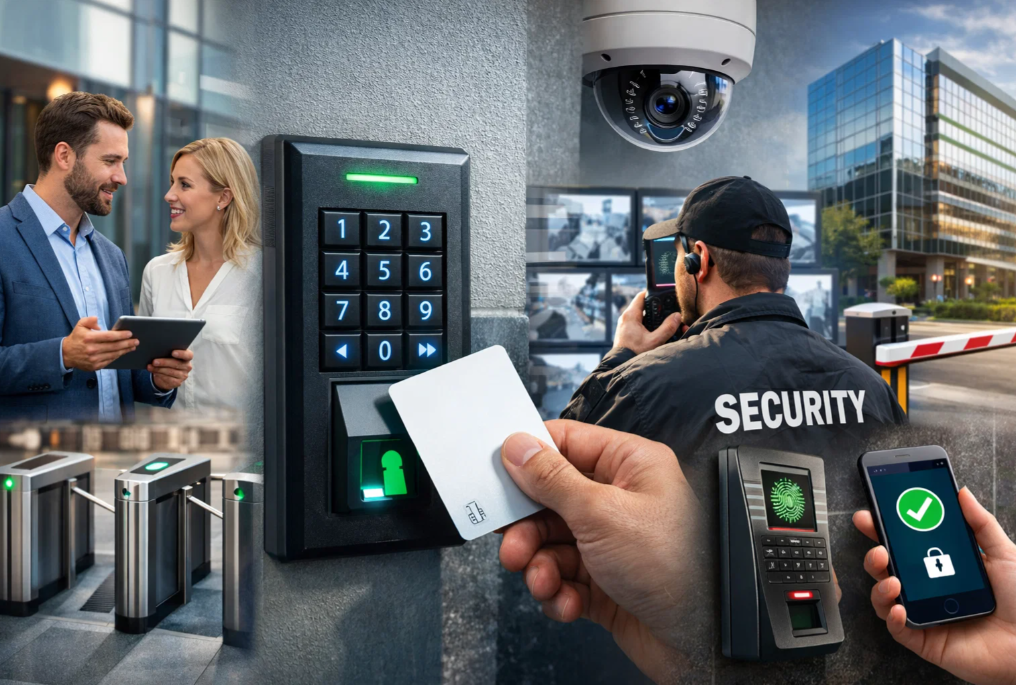
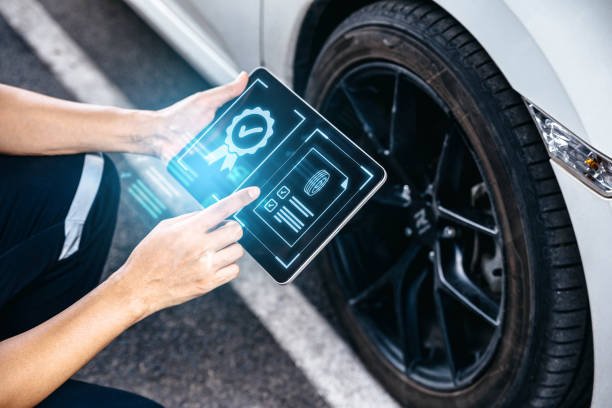
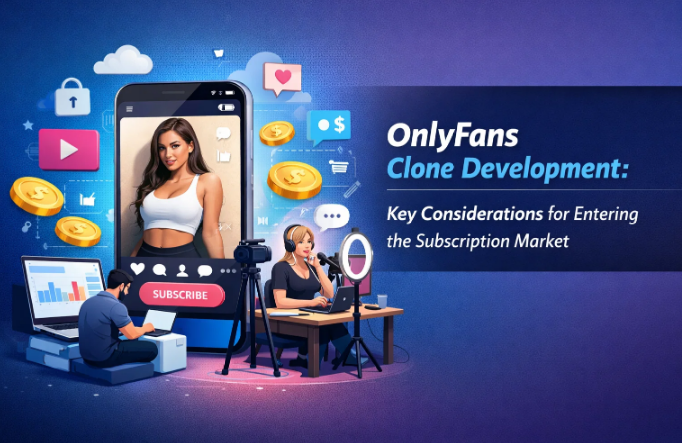





Leave a Reply